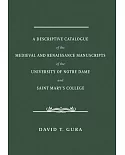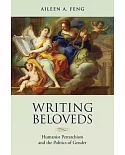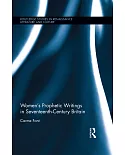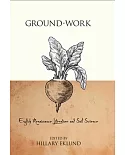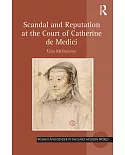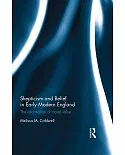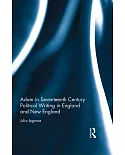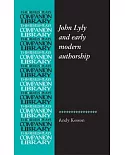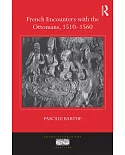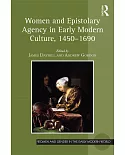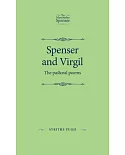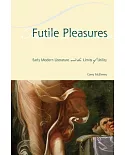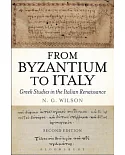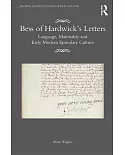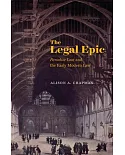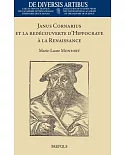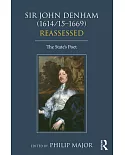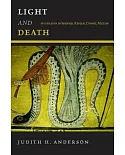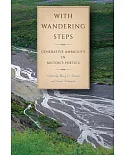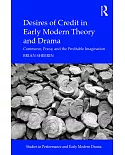Goldstein and Tigner examine eating and drinking as complementary meaning-making phenomena in a Shakespearean context. They look at how scholars imagine early modern audiences to have
conceptualized food—as commodity, gift, tool, national emblem, personal foible, and love. Visualizing their book as a collaborative endeavor, they encouraged all contributors to read and
respond to one another’s essays within the body of their own work. Ten chapters are divided into three parts: local and global; body and state; theater and community. Generally, and in part 1,
specifically, the essays identify, give life to, and historicize characteristics that make the culinary world fascinating. In part 2, culinary phenomena unfold not only through place and
geography, but also through power relations that are no less influential for being less comprehensible. A major theme of the early modern food experience is the role of the state and religion
in ideologies of eating. Part 3 provides a transition to the question of how community is generated, shaped, and destroyed by culinary practices and theories. There are notes, about the
contributors, and figures. Annotation ©2016 Ringgold, Inc., Portland, OR (protoview.com)


